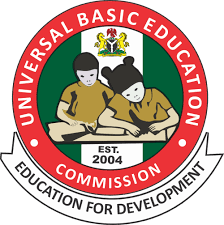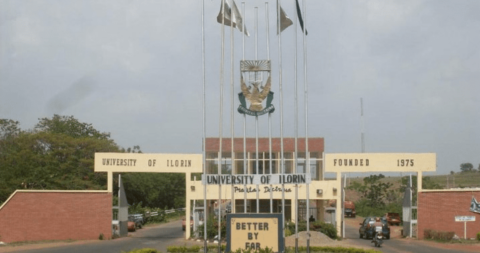The Universal Basic Education Commission (UBEC) has announced plans to leverage technology to transform the delivery of basic education across Nigeria.
UBEC’s Executive Secretary, Aisha Garba, made this known on Monday in Abuja during a media briefing ahead of the 2025 International Conference on Smart Education and Digital Literacy (ICSE 2025). The conference, organized in partnership with the Korea International Cooperation Agency (KOICA), is scheduled to take place from May 6 to 9 in Abuja.
With the theme “Empowering African Smart Education Through Emerging Technologies,” the three-day event aims to position Nigeria alongside other African nations that are successfully integrating technology into their education systems.
Garba highlighted that countries like Rwanda have already adopted technologies such as artificial intelligence in their classrooms. In comparison, Nigeria has begun laying the foundation through its Smart School initiative.
“We have 36 smart schools, plus one in the FCT, spread across all states in Nigeria,” she said. “These schools are equipped with advanced technology and staffed with teachers trained in digital teaching methods.”
She noted that less than 50 percent of Nigeria’s public primary schools currently have access to digital technology. To address this gap, UBEC is working to move beyond traditional infrastructure investment and deploy smart, tech-enabled education systems that can reach every child, regardless of their location.
“Whether a child lives in a rural, semi-urban, or urban area, there is a suitable technology that can be applied to help that child learn to read and write,” she added. “Teachers remain central to this transformation.”
Speaking at the event, KOICA Country Director Kim Eunsub reaffirmed South Korea’s commitment to supporting Nigeria’s transition to smart education through the KOICA Smart School Initiative. He stated that the partnership has already resulted in the construction of modern smart schools, training for educators and administrators, and the provision of digital learning resources.
Kim also revealed that a second phase of the KOICA-UBEC Smart School Initiative is expected to begin in 2026, further deepening collaboration and building on existing progress.





